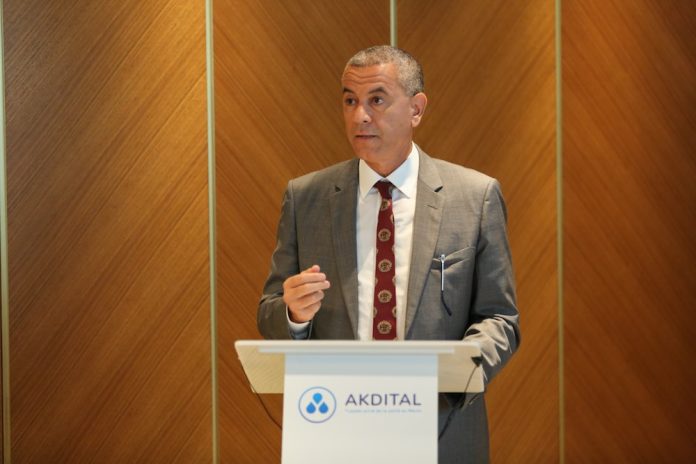Akdital, one of Morocco’s leading healthcare groups, has taken a major step into the world of digital medicine with the launch of its new tech subsidiary, Akdital Innov. Unveiled in Casablanca on April 22, the initiative reflects the group’s growing international ambition, already seen through its expansion plans in Saudi Arabia and the United Arab Emirates.
Akdital Innov is the embodiment of the group’s push toward smart healthcare—aiming to embed technologies like artificial intelligence, telemedicine, and early diagnostic tools into the everyday realities of medical practice. For CEO Rochdi Talib, this isn’t just about modernization; it’s about breaking geographical barriers and saving lives. He sees AI not as a luxury, but as a necessity to make healthcare more accessible and efficient across Morocco.
At the heart of this initiative is a strategic partnership with Dassault Systèmes and Long Island University in New York. One of the key architects behind this collaboration is Professor Mohammed Cherkaoui, who leads the Dassault Systèmes Center of Excellence in New York. He confirmed that this center would now be integrated into Akdital’s operations, forming a hub for knowledge-sharing and innovation.
The new venture plans to focus heavily on AI-driven early detection, especially for breast cancer and cardiovascular diseases. But its ambitions don’t stop there. Akdital Innov is building its roadmap around three pillars: precision surgery, personalized medicine, and closing the gap in healthcare access for Morocco’s remote and underserved regions.
This digital transformation won’t happen in isolation. Akdital Innov is drawing support from a global network of respected institutions, including the U.S. Food and Drug Administration, Harvard University, and Biovia, a leader in scientific software.
One of the most groundbreaking moves announced is the introduction of virtual clinical trials to Morocco—using digital twins based on real medical data. This cutting-edge approach puts Akdital at the forefront of medical innovation in Africa, marking a turning point for how research and patient care might be delivered in the years ahead.




